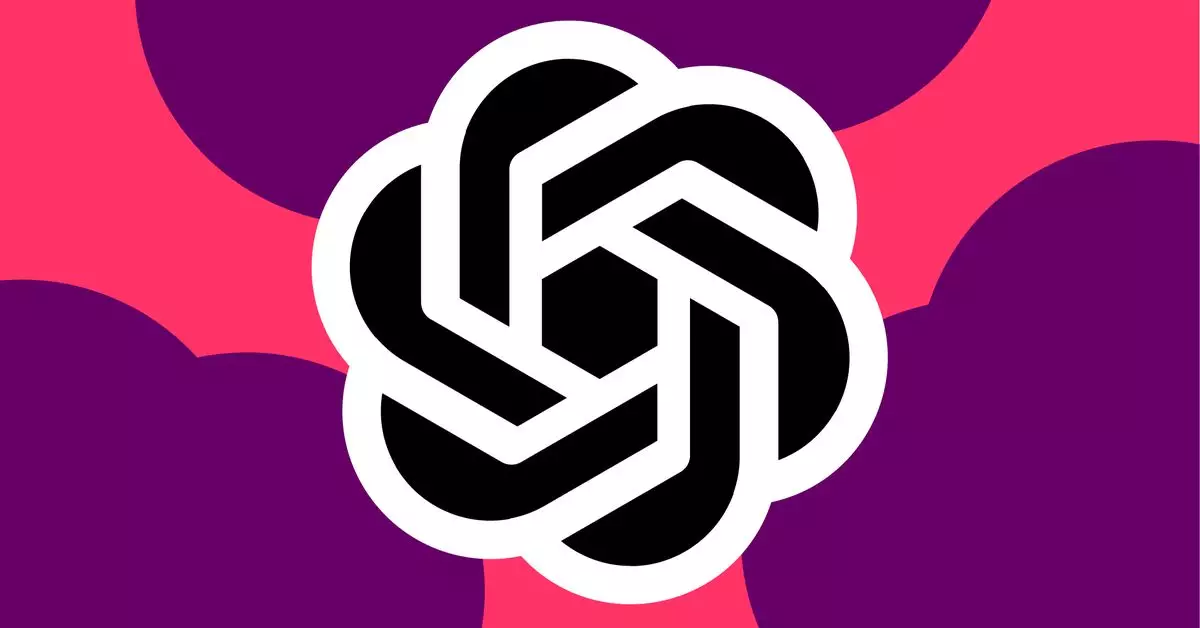On Thursday afternoon, users of ChatGPT experienced a sudden inability to engage with the chatbot, prompting widespread frustration and confusion. Reports emerged around 1:30 PM ET, with many users encountering an “internal server error” message when attempting to access the service. Such outages can disrupt the essential functions of AI-powered platforms, drawing attention to underlying vulnerabilities in cloud-based systems.
By 2 PM ET, OpenAI provided a status update on its official page, acknowledging the service interruptions affecting ChatGPT, its associated API, and the recently launched text-to-video generator, Sora. Initially, it seemed that users were facing high error rates, which indicated significant instability across the platform. As the day progressed, updates hinted at a recovery process, with Sora reportedly being operational by 6:15 PM ET. OpenAI’s efforts to restore the system included monitoring the ongoing circumstances surrounding the outage, yet a definitive resolution for ChatGPT was still pending.
Although OpenAI did not reveal specifics about the “upstream provider” causing the disruptions, it coincided with a power issue reported by Microsoft at one of its data centers in North America. This connection underscores the fact that cloud services are often susceptible to external operational challenges. Microsoft noted that this power incident affected multiple services and acknowledged significant storage latency and HTTP timeout errors in the South Central United States. Such interconnectivity raises important questions about reliability and redundancy in modern cloud infrastructures.
The ripple effects of the outage extended beyond mere inconvenience for ChatGPT users. When AI services remain unavailable, workflows can be severely hampered, especially for individuals relying on these technologies for work or personal projects. The interruptions potentially deter users from engaging with AI platforms in the future, prompting them to seek alternative solutions if outages become a recurrent issue.
ChatGPT has faced several significant outages in recent months, with incidents occurring shortly after the introduction of new features, such as Sora. This pattern brings to light the inherent risks associated with rapid deployment of new technologies, particularly those reliant on complex cloud architectures. The June outage, which affected multiple AI tools, served as a painful reminder that even leading tech companies must grapple with the operational challenges posed by high-demand services.
The recent outage of ChatGPT highlighted critical vulnerabilities within the platform’s operational framework. As cloud computing becomes central to the functionality of AI services, the responsibility of ensuring uninterrupted access grows ever more significant. For users, these incidents not only bring frustration but also necessitate a thoughtful examination of their reliance on these sophisticated systems. Moving forward, persistent scrutiny of infrastructure stability and service resilience will be crucial in maintaining user trust and satisfaction in AI technologies.


Leave a Reply